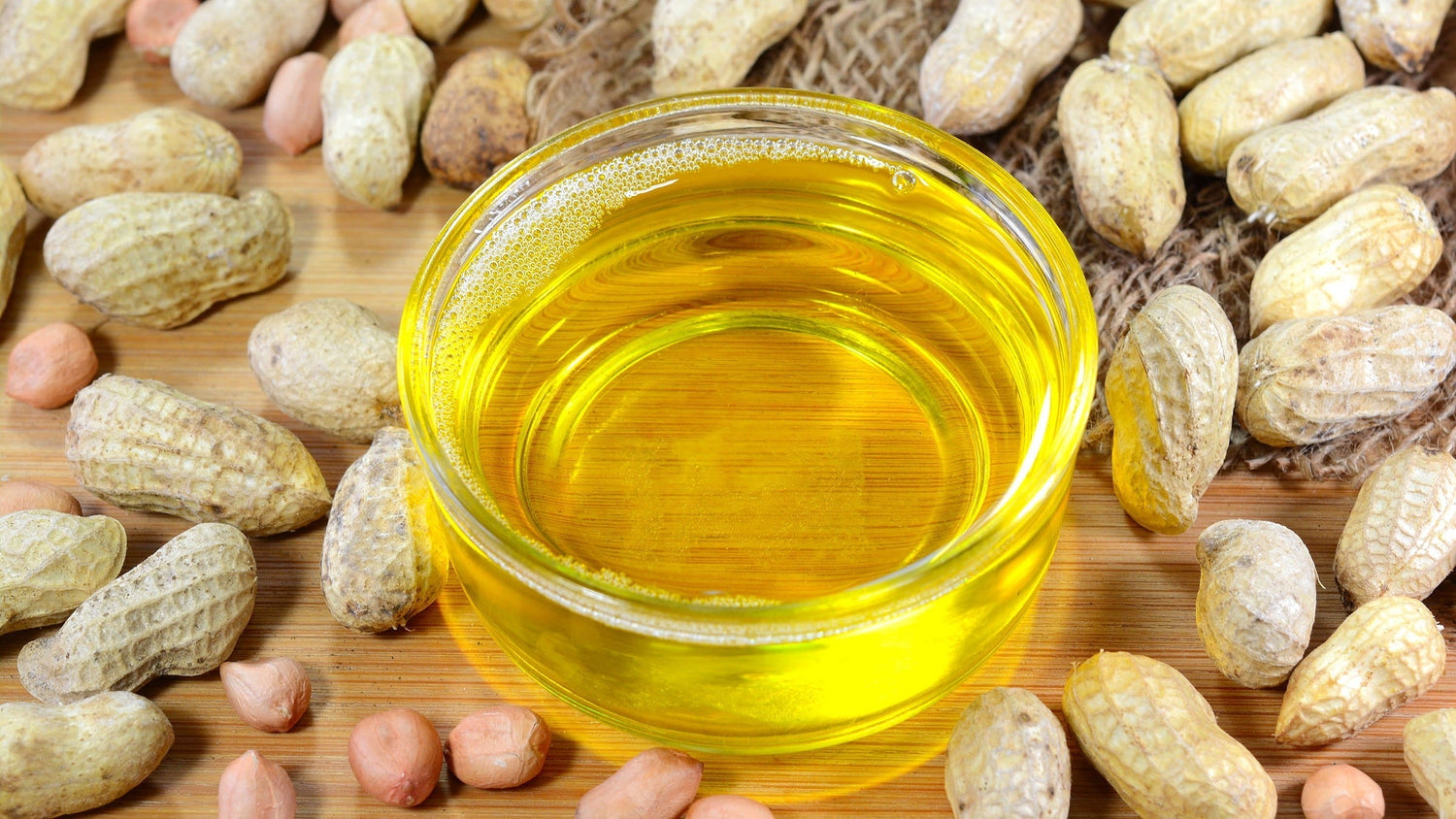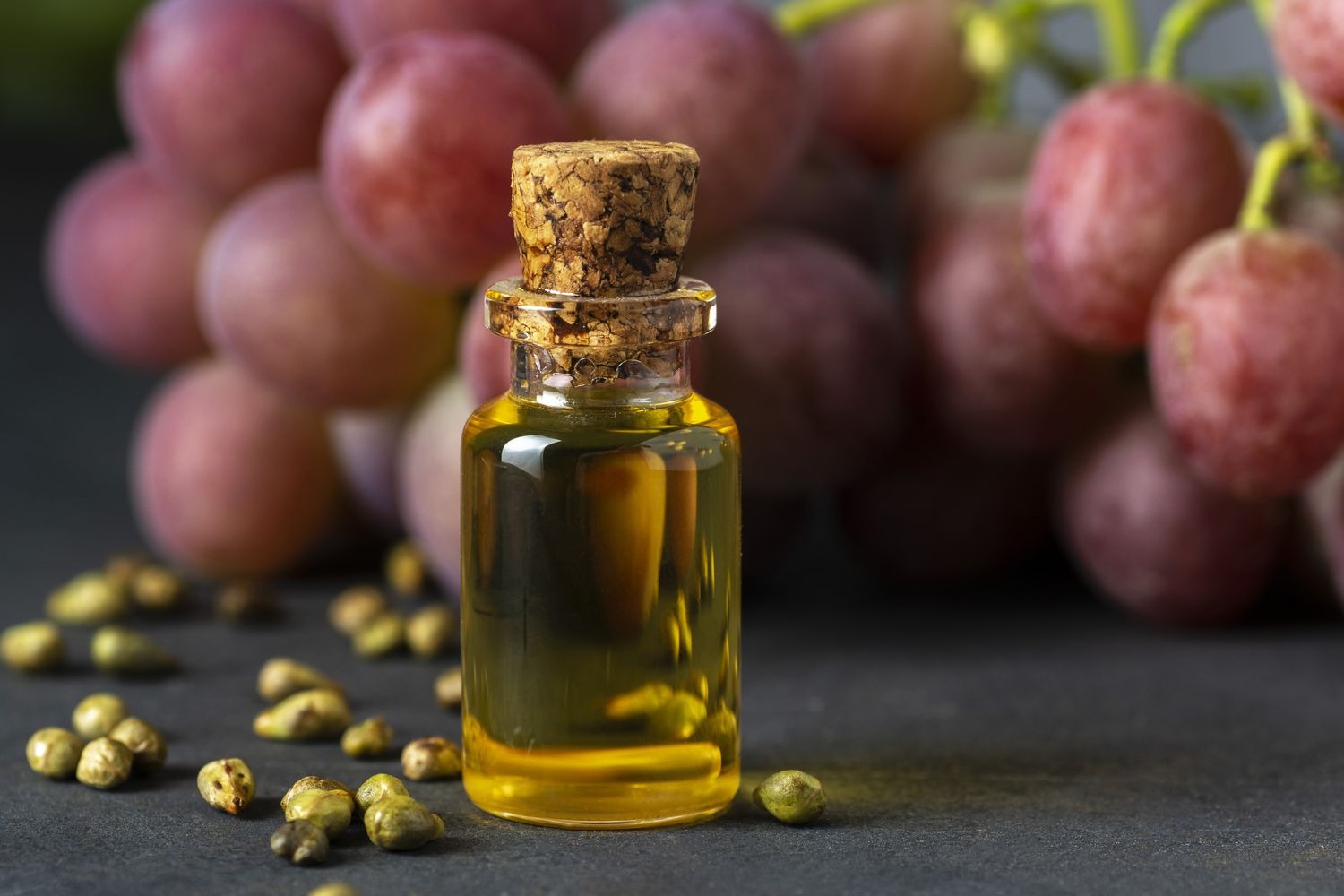What is sustainable palm oil, and why should kitchen professionals care about it? This question might pop up frequently as the food industry becomes increasingly mindful of its environmental footprint. Palm oil is a ubiquitous ingredient found in numerous food and personal care products. Its versatility and cost-effectiveness make it a staple in many kitchens, but traditional palm oil production has major environmental repercussions. Sustainable palm oil aims to mitigate these negative effects through responsible farming practices and ethical guidelines.
Palm oil is derived from the fruit of the oil palm tree, predominantly grown in Malaysia and Indonesia. The global demand for palm oil has led to widespread deforestation, loss of biodiversity, and significant greenhouse gas emissions. However, sustainable palm oil aims to balance economic, environmental, and social considerations. The Roundtable on Sustainable Palm Oil (RSPO) is a key player in this domain, setting stringent certification standards that aim to minimize adverse impacts.

The Importance of Certifications
RSPO Certification
The RSPO, or Roundtable on Sustainable Palm Oil, sets the gold standard for sustainable palm oil. RSPO certification ensures that the palm oil is produced under strict guidelines that prioritize environmental conservation, social responsibility, and economic viability. For kitchen professionals, opting for RSPO-certified products can contribute significantly to sustainable practices within the food industry.
Other Certifications
In addition to RSPO, certifications such as Rainforest Alliance and Fair Trade ensure that palm oil production adheres to rigorous ethical and environmental standards. These certifications offer a level of transparency and accountability, making it easier for kitchen professionals to make informed choices.

The Environmental Impact of Traditional Palm Oil
Traditional palm oil cultivation often involves clearing large swathes of tropical rainforests. This leads to significant deforestation, endangerment of wildlife habitats, and release of carbon dioxide into the atmosphere. The destruction of forests not only contributes to climate change but also disrupts the ecosystem services that these regions provide.
The Benefits of Sustainable Palm Oil
Environmental Preservation
Sustainable palm oil aims to minimize environmental degradation by adhering to responsible farming practices. This includes avoiding deforestation, protecting wildlife habitats, and promoting biodiversity. These practices help in mitigating climate change and preserving ecosystems for future generations. Learn More
Social Responsibility
Sustainable palm oil production also promotes fair labor practices and ensures that the rights of local communities and workers are respected. This includes fair wages, safe working conditions, and community development projects, making it a socially responsible choice.
Economic Viability
While sustainable practices often come with higher initial costs, they are economically viable in the long run. The premium price of sustainably produced palm oil can drive economic development in producing countries, thereby creating a win-win scenario for all stakeholders involved.

How Kitchen Professionals Can Make a Difference
Kitchen professionals hold significant influence over the ingredients used in food preparation. By opting for sustainable palm oil, they can reduce their environmental footprint and lead by example. Here are some practical steps to make a difference:
Choose Certified Products
Look for RSPO, Rainforest Alliance, or Fair Trade certifications when purchasing palm oil or products containing palm oil. This ensures that you are supporting sustainable practices.
Educate and Advocate
Spread awareness about the importance of sustainable palm oil among your peers and customers. Educate them on how to identify certified products and why they matter. Raising Awareness
Menu Transparency
Consider highlighting the use of sustainable ingredients on your menu. This not only sets you apart as an environmentally conscious establishment but also educates your customers about responsible consumption. Martha Stewart Guide
The Future of Sustainable Palm Oil
The journey towards widespread adoption of sustainable palm oil is ongoing, with both challenges and opportunities. Advances in technology and continuous efforts by organizations can further streamline sustainable practices, making it easier and cheaper for producers and consumers alike. Enhanced traceability and the integration of blockchain technology may also offer unprecedented levels of transparency in supply chains.
Challenges to Adoption
Despite its benefits, the adoption of sustainable palm oil faces several challenges:
- Cost: Sustainable palm oil often comes at a higher price point, making it less accessible for some businesses.
- Lack of Awareness: Many consumers and even kitchen professionals are not fully aware of the environmental and social impact of traditional palm oil production.
- Mislabeling: Occasionally, products may be falsely labeled as sustainable, which can generate mistrust among consumers.
Conclusion
In conclusion, understanding what is sustainable palm oil and the role kitchen professionals can play in promoting its use is pivotal for the environment and society. By making informed choices, advocating for certified products, and staying updated on industry advancements, kitchen professionals can be torchbearers in the movement towards a more sustainable and equitable food industry.
FAQs
1. What is the difference between traditional and sustainable palm oil?
Traditional palm oil is often produced in a manner that leads to deforestation, loss of biodiversity, and social injustices. Sustainable palm oil, on the other hand, adheres to ethical and environmental standards to minimize these negative impacts.
2. Why is RSPO certification important?
RSPO certification is crucial as it ensures that the palm oil is produced under guidelines prioritizing environmental conservation, social responsibility, and economic viability. This makes it easier for kitchen professionals to make ethically sound decisions.
3. How can kitchen professionals contribute to sustainable palm oil practices?
Kitchen professionals can make a difference by opting for certified sustainable products, educating others about the importance of sustainable palm oil, and incorporating these products into their menus to promote transparency and responsibility.
As an Amazon Associate, I earn from qualifying purchases.






Leave a comment
This site is protected by hCaptcha and the hCaptcha Privacy Policy and Terms of Service apply.